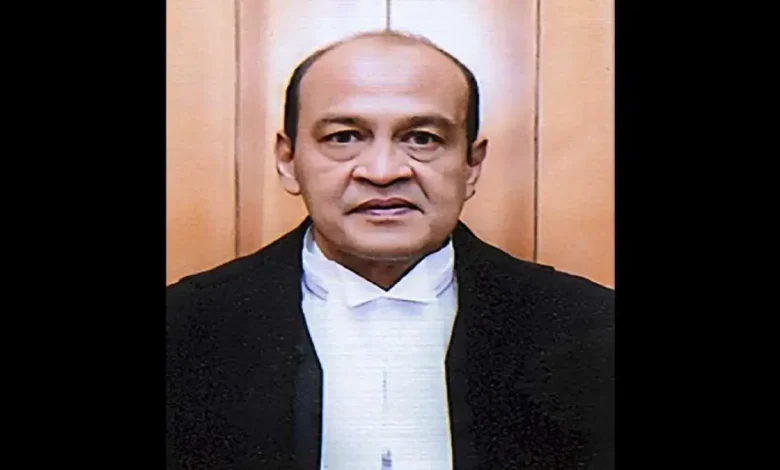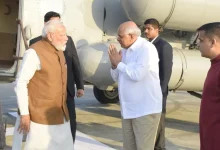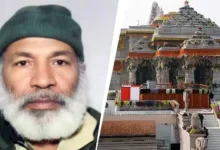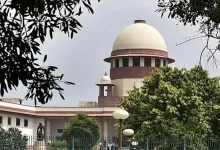
New Delhi: In a major move toward judicial accountability, Lok Sabha Speaker Om Birla on Tuesday announced a three-member inquiry committee to investigate allegations against Justice Yashwant Varma of the Allahabad High Court. The probe follows the shocking discovery of bundles of burnt currency notes at Justice Varma’s official residence in Delhi in March, which ignited widespread debate over judicial conduct.
The newly formed panel features Supreme Court Judge Justice Arvind Kumar as chair, alongside Madras High Court Chief Justice Manindra Mohan Shrivastava and Senior Advocate BV Acharya from the Karnataka High Court. Speaker Birla confirmed that 146 Members of Parliament from across the political spectrum well above the constitutional requirement signed a motion urging the judge’s removal. The Speaker explained that the impeachment process would only move forward after evaluating the committee’s report and its findings on the misconduct charges.
The controversy erupted when a fire at Justice Varma’s Delhi home revealed stacks of half-burnt ₹500 notes, reportedly reaching 1.5 feet high. An internal Supreme Court inquiry previously found “sufficient substance” in the cash allegations and noted that Justice Varma and his family maintained active control over the area where the money was discovered. Following the fire incident, he was transferred from the Delhi High Court to the Allahabad High Court, with his judicial duties suspended. Justice Varma challenged the in-house investigation in the Supreme Court, but his plea was dismissed on August 7, with the court stating his conduct “does not inspire confidence”.
Under the Judges (Inquiry) Act, 1968, and Article 124(4) of the Constitution, the inquiry committee will review evidence, question witnesses, and submit its report to the Speaker. If the allegations are substantiated, Parliament can move forward with impeachment proceedings, which require a two-thirds majority in both Lok Sabha and Rajya Sabha to succeed. Judicial impeachments of this nature are extremely rare in India, making this case a closely watched test of the system’s ability to ensure judicial integrity.
[inputs with agencias]




